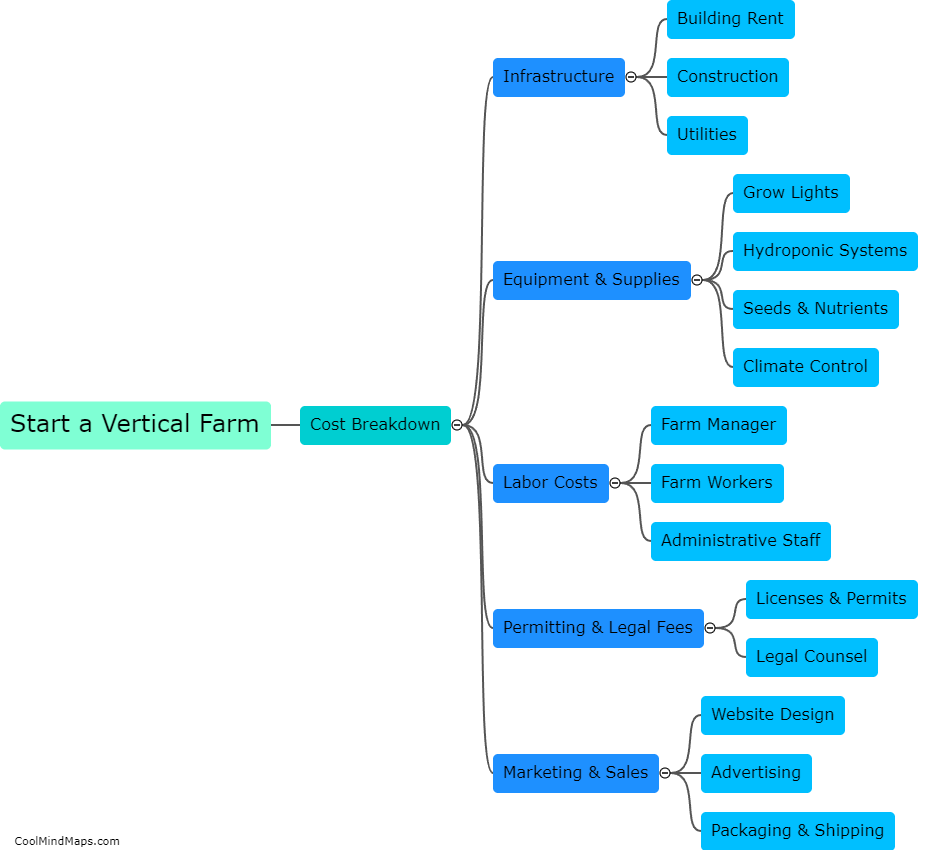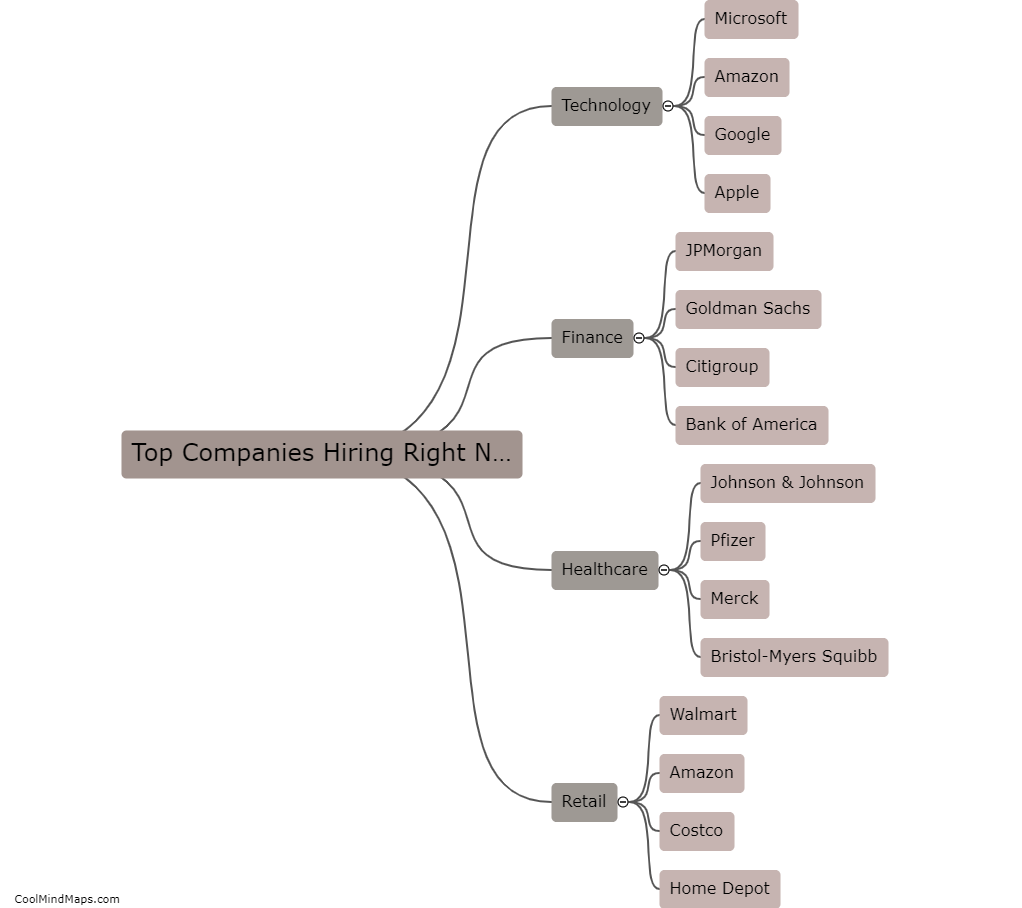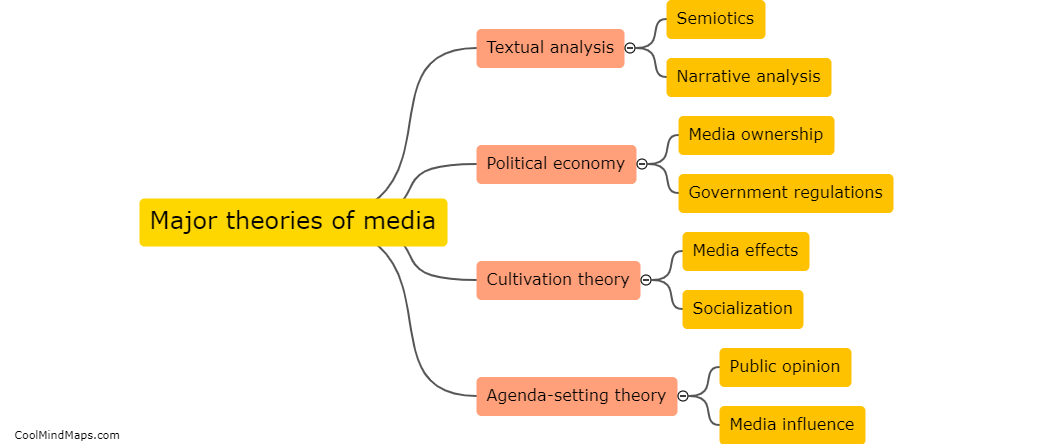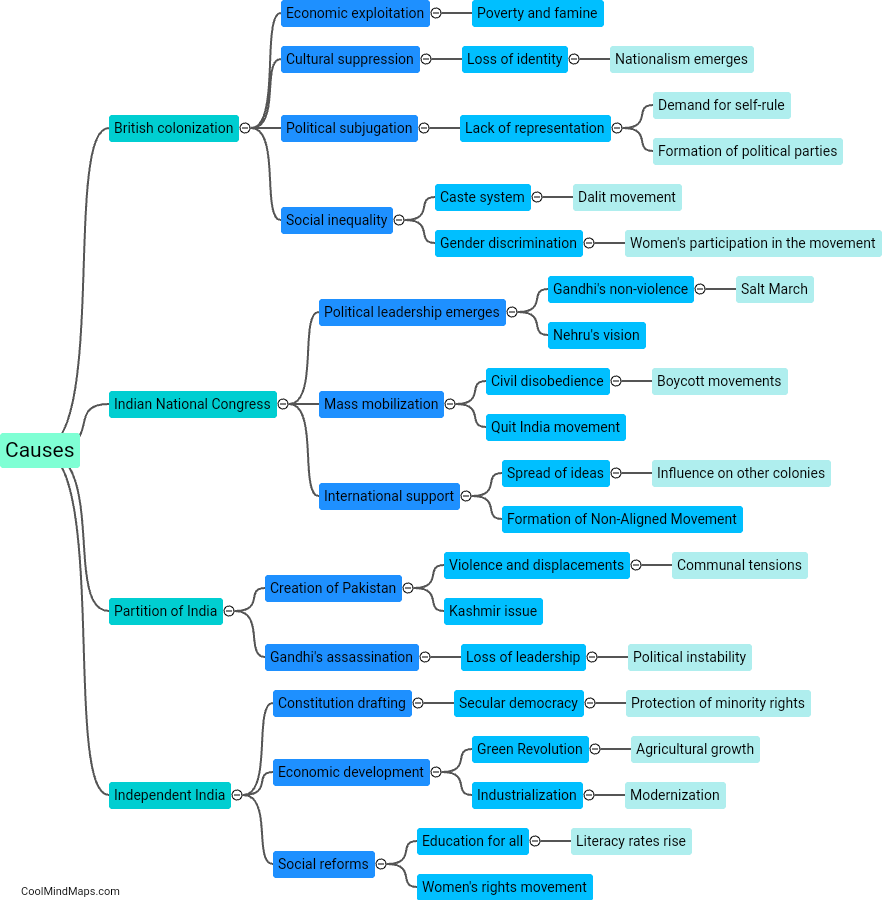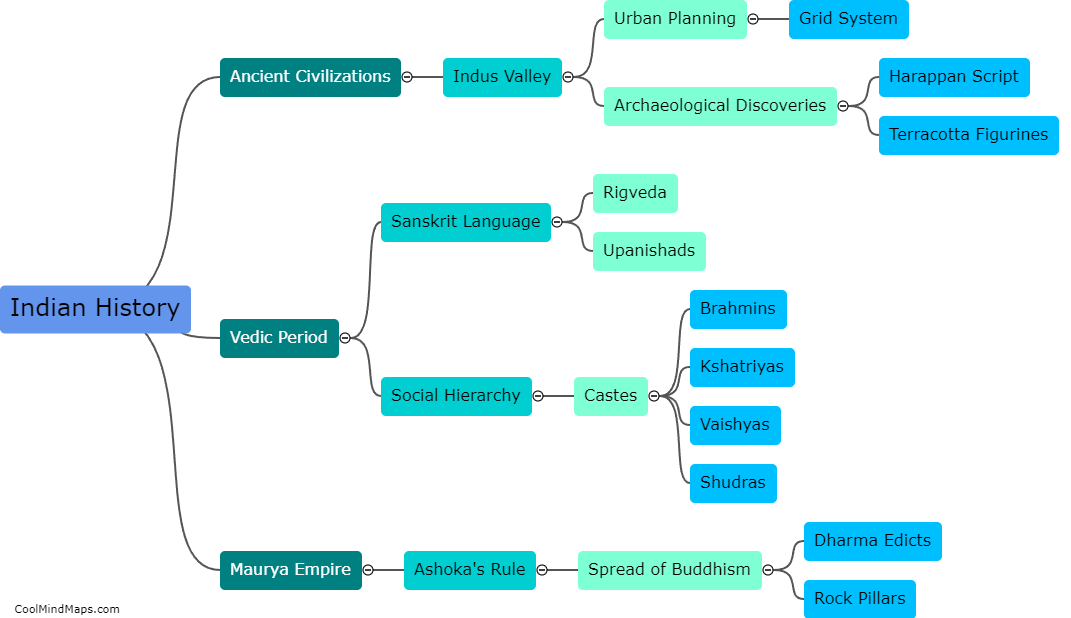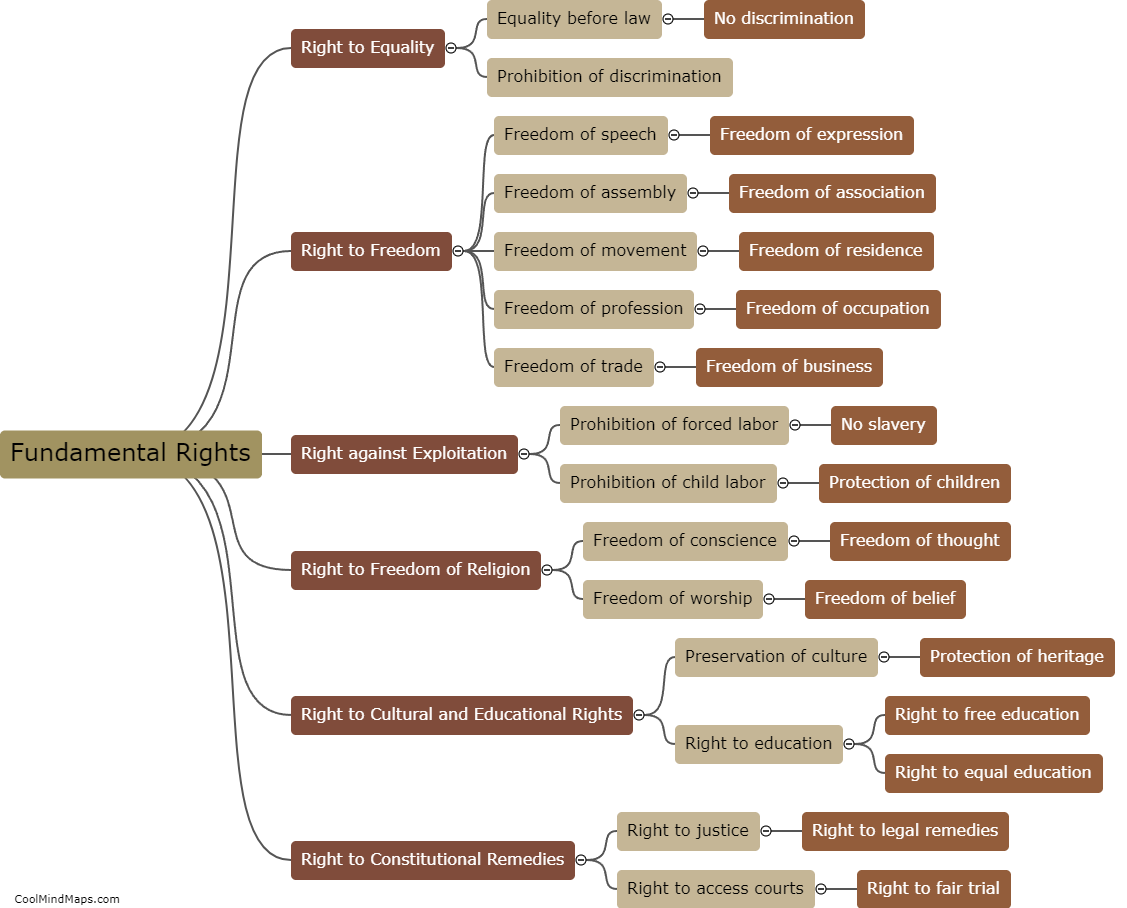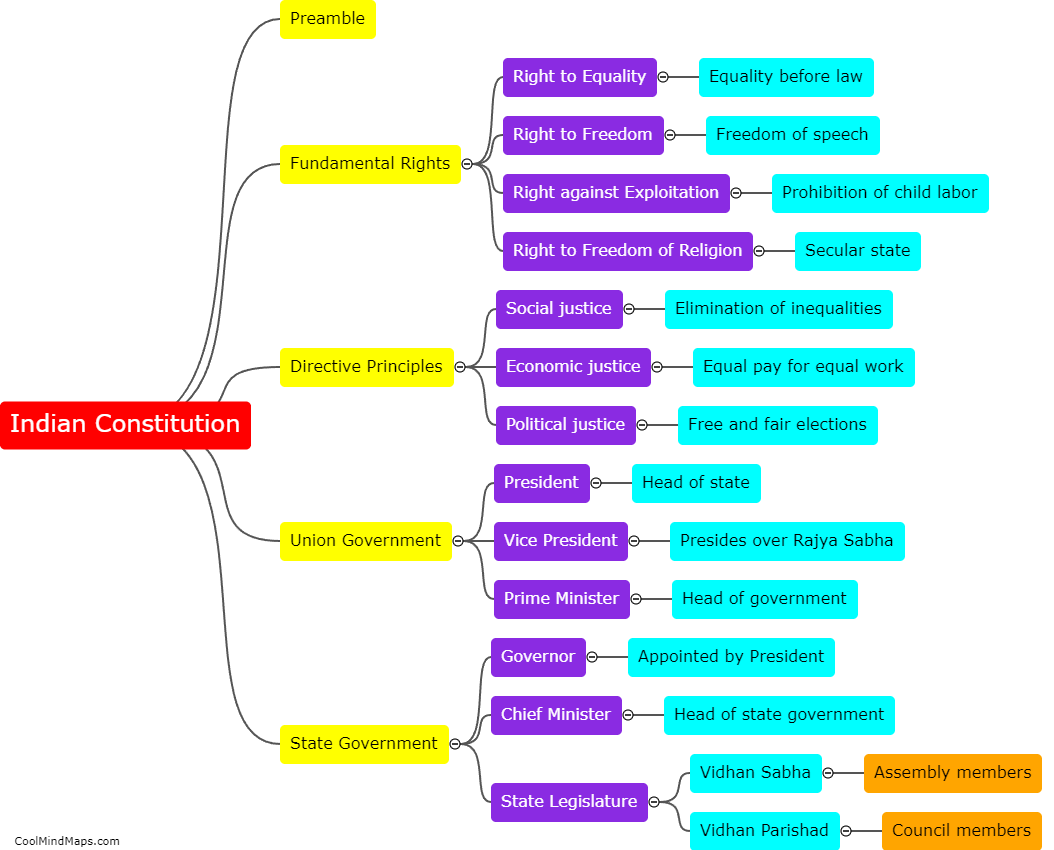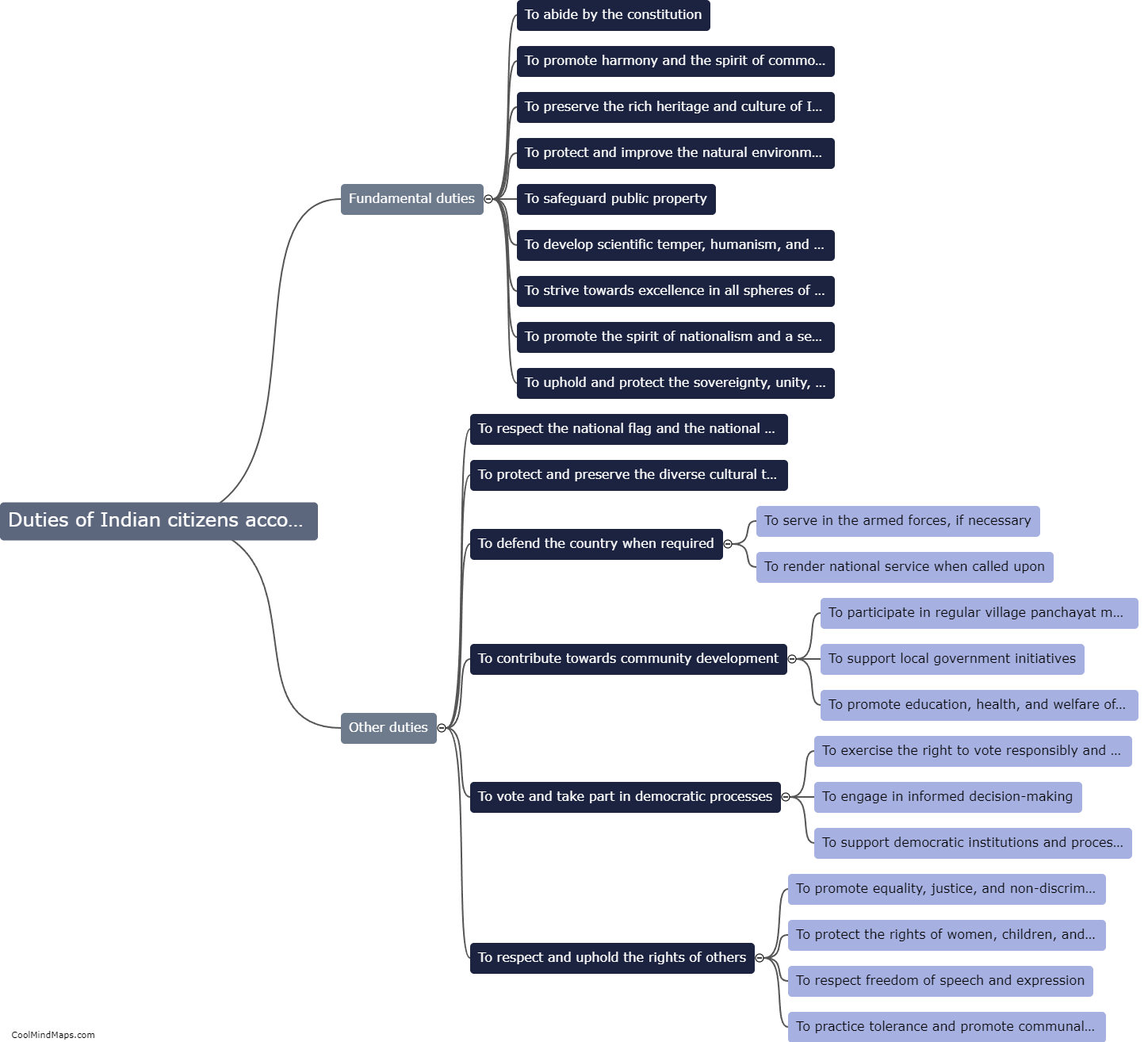What are the major events in ancient Indian history?
Ancient Indian history is marked by several major events that shaped the development and progression of the Indian subcontinent. One of the earliest significant events was the Indus Valley Civilization, dating back to the 3rd millennium BCE, which showcases advanced urban planning and trade networks. The Aryan migration around 1500 BCE resulted in the Vedic period, where the sacred texts Rigveda and Upanishads were composed. The advent of the Maurya Empire under the rule of Emperor Ashoka in the 3rd century BCE marked a transformative phase with the spread of Buddhism throughout India. The Gupta Empire, known as the Golden Age, witnessed advancements in art, science, and mathematics. The invasion of the Islamic Sultanates in the 12th century CE led to the establishment of the Delhi Sultanate and influenced the development of Indo-Islamic culture. Finally, the arrival of European colonizers, beginning with the Portuguese in the 15th century, eventually resulted in British colonial rule and the subsequent Indian independence movement led by Mahatma Gandhi in the 20th century. These events illustrate the diverse and dynamic history of ancient India.
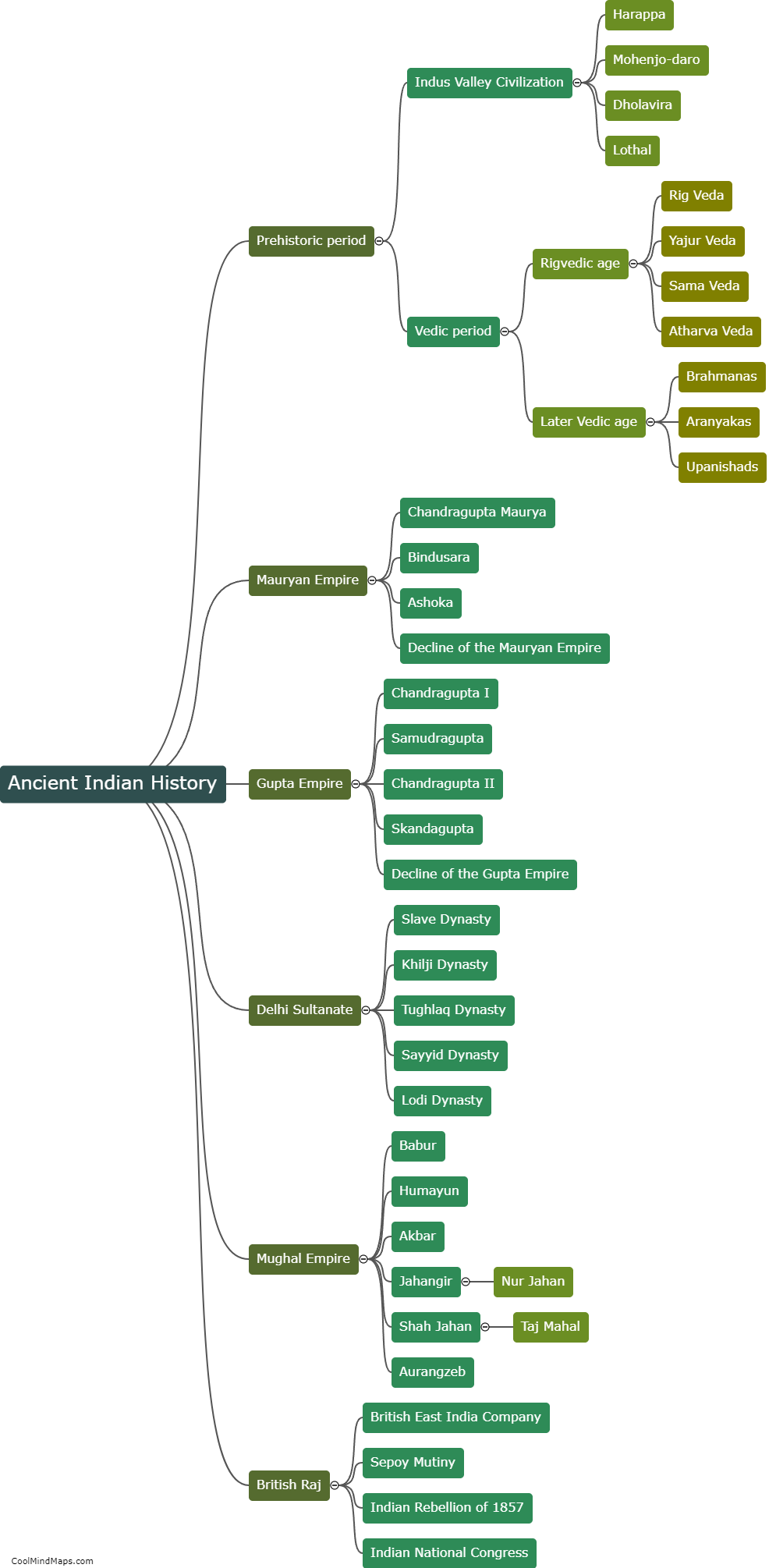
This mind map was published on 9 October 2023 and has been viewed 105 times.
